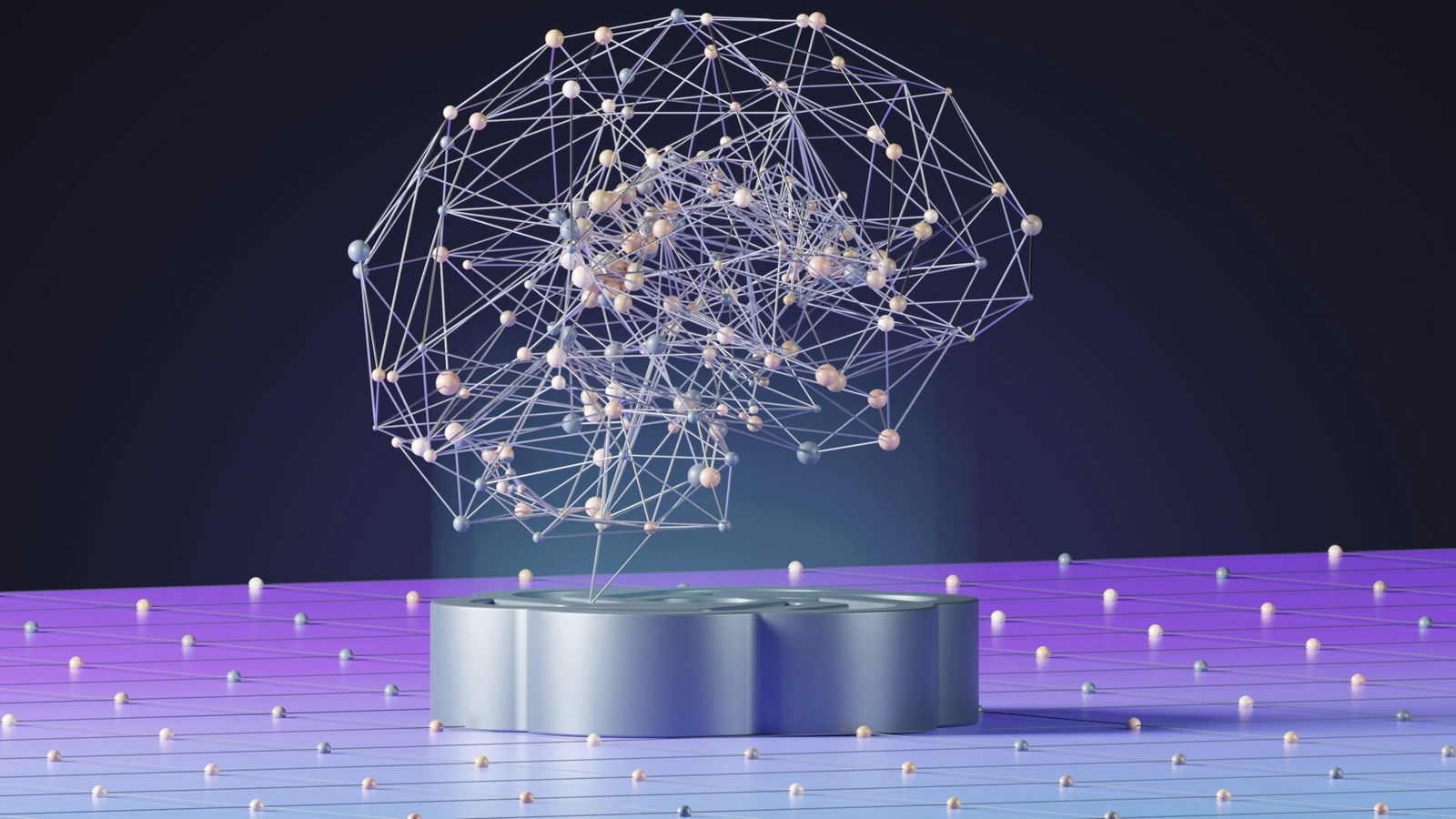
By India McCarty
Experts weigh in on the rise in using AI technology to diagnose health issues and research treatments.
“The evidence shows that the more a patient gets involved in their own care, the better the outcomes,” Dr. Tom Delbanco, a professor at Harvard Medical School, told the Wall Street Journal. “In the future, primary-care doctors could act more as expert consultants rather than paternalistic bosses to patients.”
Today, people can use AI to research symptoms, come up with diagnoses and look into different forms of treatment.
“AI doesn’t care how many questions you ask it, it can provide expertise and translate the medical jargon, and your time is not up after 15 or 20 minutes,” Laura Adams, a senior adviser to the National Academy of Medicine, explained.
AI not only helps patients formulate the right questions for their doctors; it can also help doctors save time when it comes to running diagnostic tests.
Related: Man Hospitalized With Poisoning After Following ChatGPT’s Advice
“ChatGPT can help make doctors’ lives more efficient,” Ethan Goh, a postdoctoral scholar in Stanford’s School of Medicine and research fellow at Stanford’s Clinical Excellence Research Center, said in an article published by Stanford’s Human-Centered Artificial Intelligence department.
He added, “Those time savings alone could justify the use of large language models and could translate into less burnout for doctors in the long run.”
Going deeper, some companies, like Labcorp and Quest Diagnostics, even allow people to order their own medical tests, including blood tests and DNA analysis.
While many experts acknowledge that the use of AI can be helpful while working on medical questions, they also caution users, encouraging them to use it for research, but not for complete diagnoses.
“[AI] is not a one-and-done answer machine,” Hugo Campos, who has served on health-related federal advisory boards as a patient advocate, explained. “It’s a partner and a tool for helping advance your ability to comprehend things and think critically through a complex problem.”
A study from the National Library of Medicine reiterated this point, stating, “The tool still needs more investigation to approve its capability for the medical research area.”
“AI-based medical diagnostics is an open research domain, and we highly recommend that researchers continue research to improve the final prediction accuracy and expedite the learning process,” the report continued.
AI tech is making major strides every day, and the tools it offers can be used to help people figure out their health issues before they even step foot in a doctor’s office. However, it’s always best to exercise caution — and to confirm your AI findings with a human doctor.
Read Next: AI ChatGPT Becomes Fastest-Growing App in History
Questions or comments? Please write to us here.


 - Content:
- Content: 
 – Content:
– Content: 
